Description
Cybersecurity refers to the collection of technologies, processes, legal frameworks, and practices designed to protect networks, devices, programs, and data from attack, damage, or unauthorized access. In its essence, cybersecurity encompasses the confidentiality, integrity, and availability (CIA) of information systems. These three principles are the backbone of digital security: Confidentiality: Ensuring that information is accessible only to those authorized to have access. Integrity: Safeguarding the accuracy and completeness of information and processing methods. Availability: Ensuring that authorized users have access to information and associated assets when required. Cybersecurity is not just about preventing malicious actors from penetrating systems; it also includes identifying vulnerabilities, responding to incidents, recovering from breaches, and legally regulating digital behaviors in a constantly evolving digital environment.
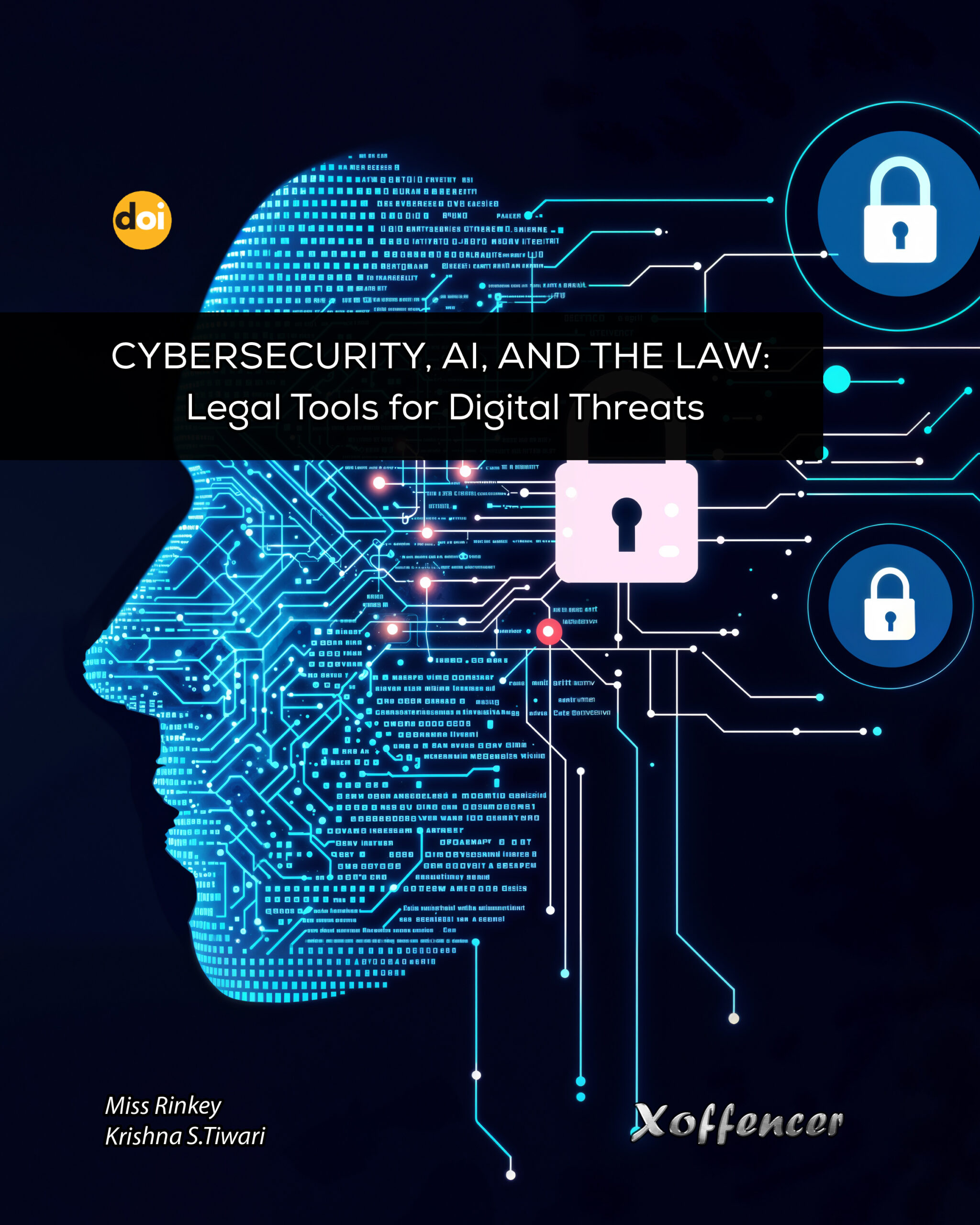
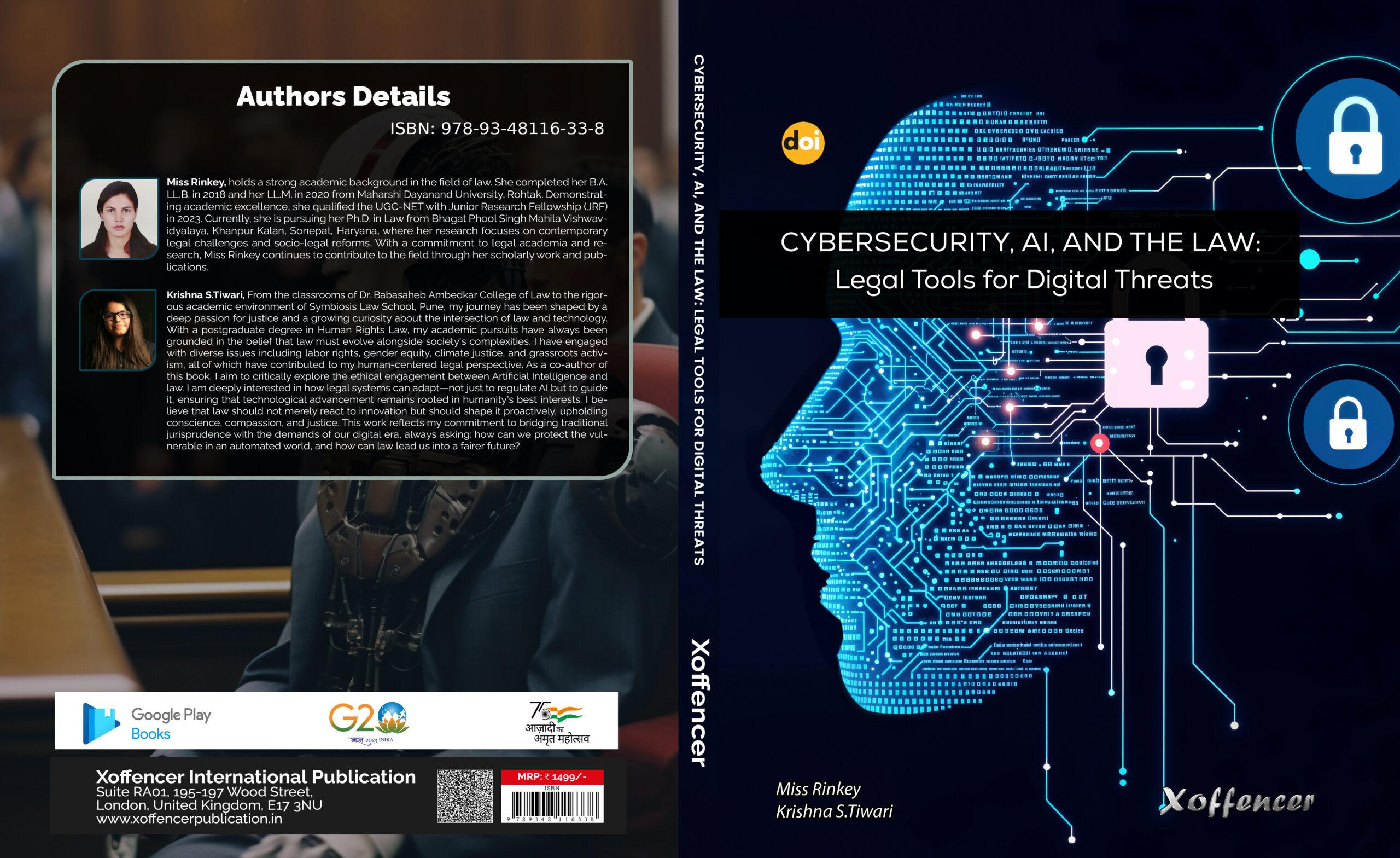
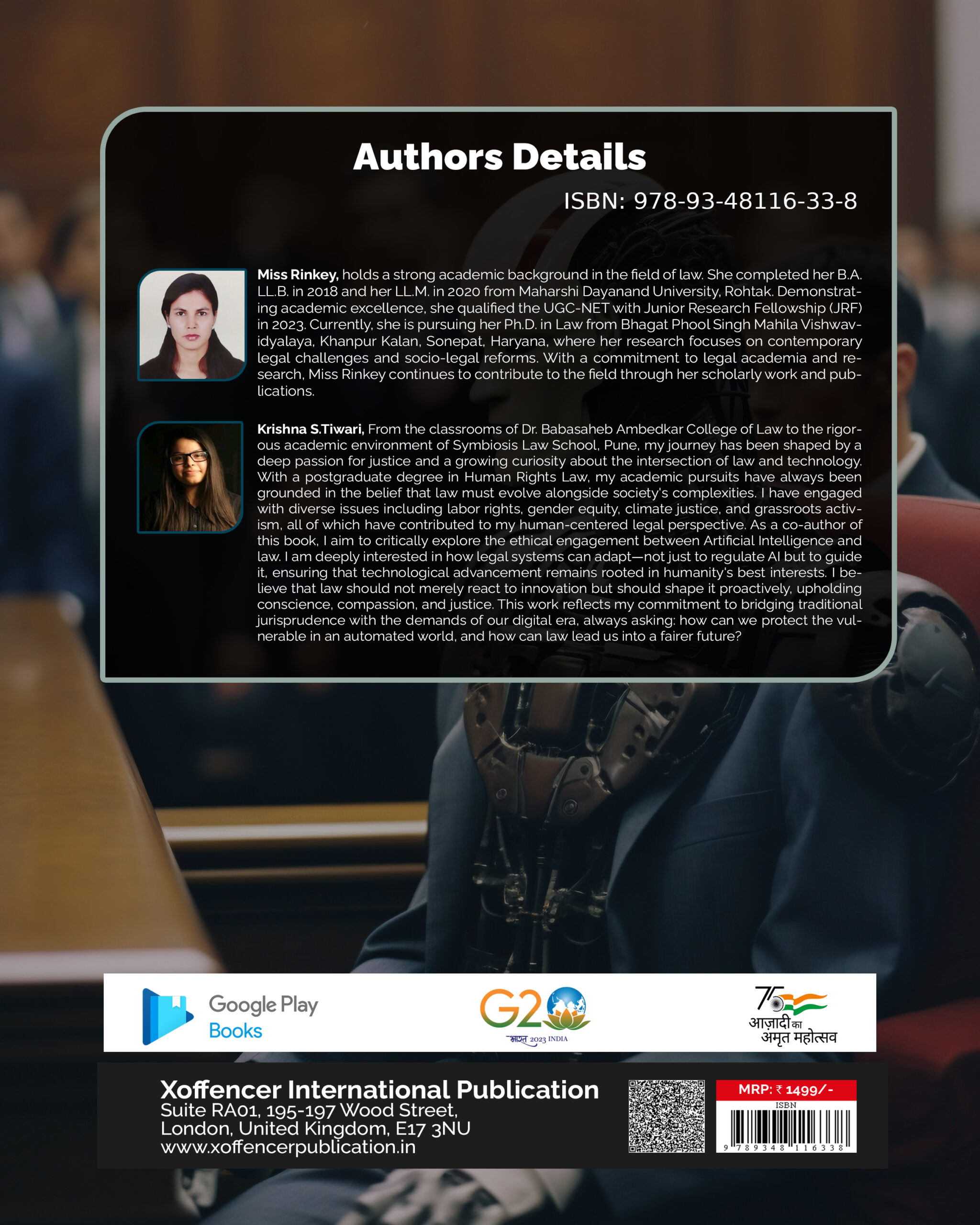

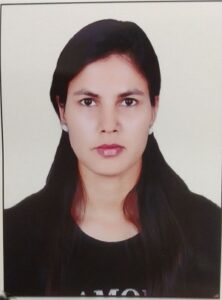

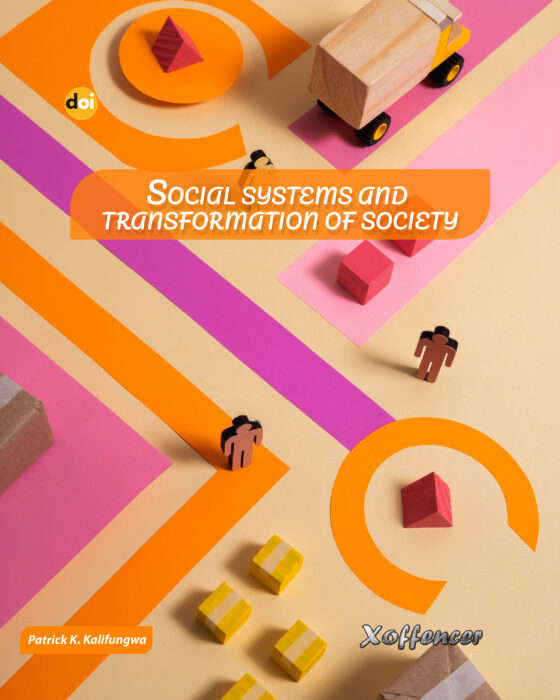
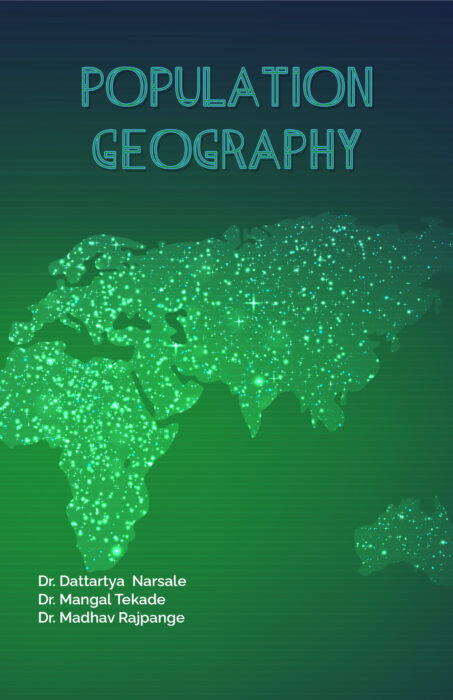
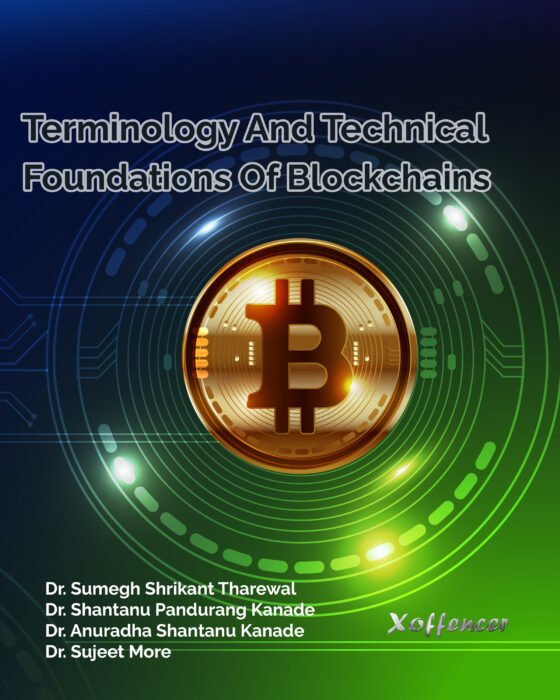
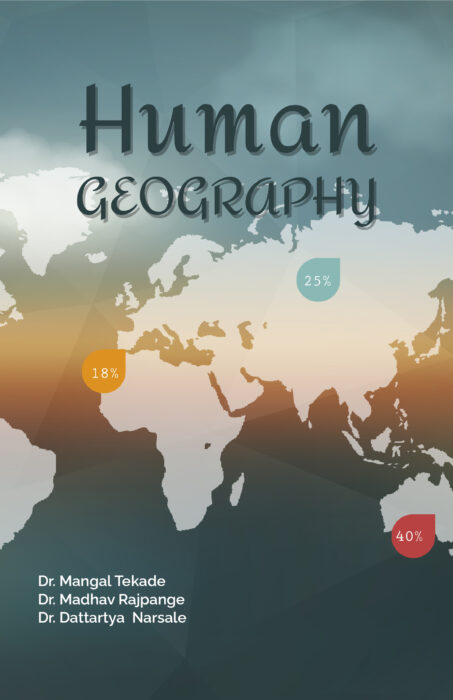
Reviews
There are no reviews yet.